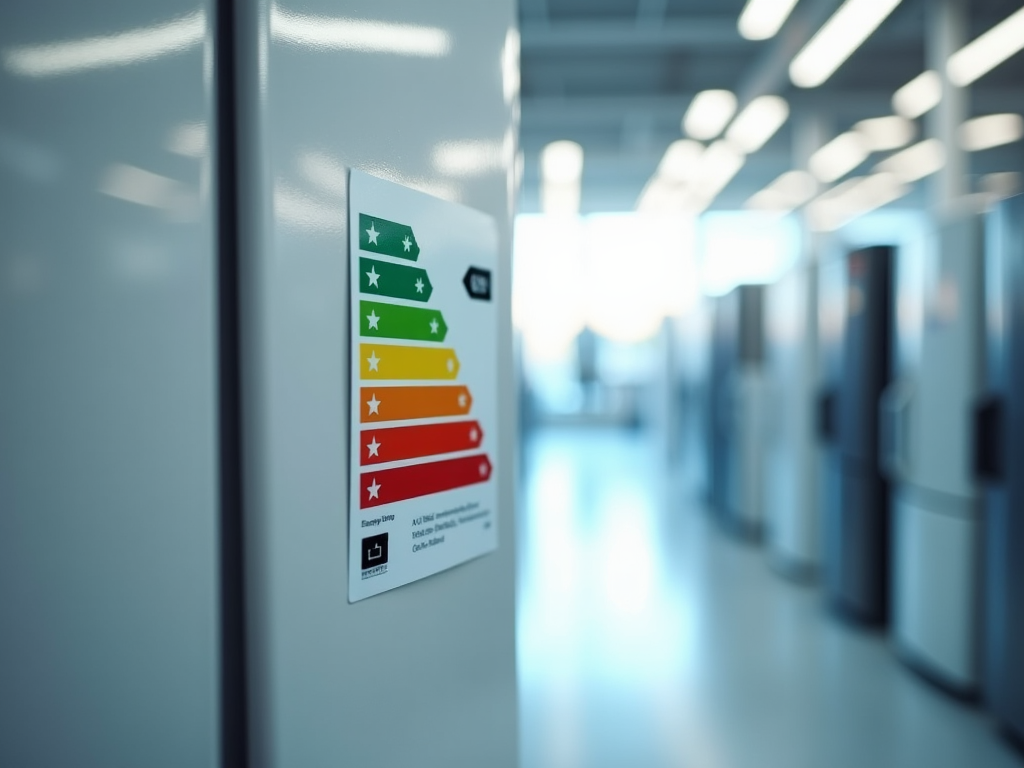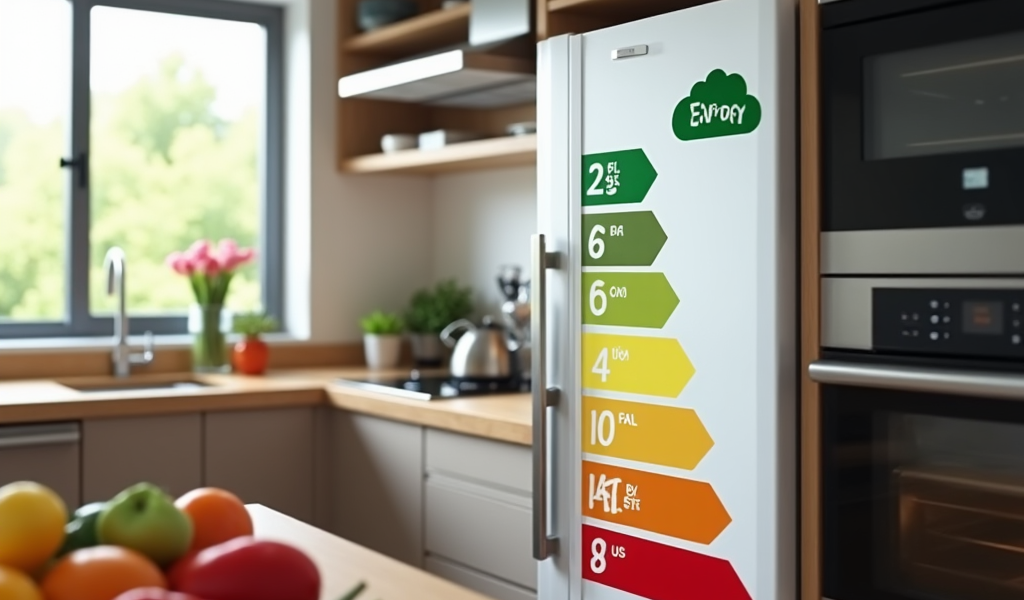When it comes to purchasing a new refrigerator, understanding star ratings is crucial. These ratings serve as a guiding star for consumers, illuminating the path to energy-efficient choices in a market bustling with options. With the rising demand for environmentally friendly appliances, knowing what these ratings mean can significantly impact your decision-making process. Not only do you want a refrigerator that meets your cooling needs, but you also want one that won’t cause your electricity bills to skyrocket. As energy costs continue to rise globally, savvy shoppers are carefully considering the star ratings when making their selections. Ultimately, these ratings can help you save money while contributing to a greener planet.
Understanding Star Ratings

Star ratings are a straightforward way to evaluate the energy efficiency of refrigerators. They convert complex energy consumption metrics into an easily understandable format, allowing consumers to make informed choices. Each star represents a tier of efficiency, with higher counts signifying better energy performance. Energy-efficient refrigerators not only benefit the consumer through savings but also lessen the environmental impact. Therefore, recognizing the significance of star ratings can feel empowering during your appliance hunt. From savvy home cooks to families seeking sustainability, understanding these ratings is vital.
Star ratings are issued based on various criteria that include the refrigerator’s energy consumption, cooling performance, and overall efficiency. Manufacturers submit their products for testing, and independent organizations conduct evaluations to assign star ratings. Each refrigerator is put through a rigorous assessment process, measuring its electricity use over a specific timeframe. This evaluation considers how well the appliance maintains temperature and how much energy it uses while in operation. The standards for rating can vary widely, depending on the region and the testing agency. Thus, knowing which organization evaluated a refrigerator is just as important as the star rating it received.
The Importance of Star Ratings

Purchasing an energy-efficient refrigerator can lead to significant savings on your electricity bill. When you opt for models with higher star ratings, you might find the difference in energy costs surprisingly substantial. Families using refrigerators as the primary appliance for food storage often underestimate how much energy these devices consume. Therefore, understanding star ratings will help you make cost-effective decisions while being conscious of environmental sustainability. The up-front cost of high-star-rated refrigerators may be slightly higher, but the long-term savings often outweigh this initial investment. From a broad perspective, the cumulative effect of energy-efficient appliances can lead to a reduction in greenhouse gas emissions.
- Lower operating costs
- Reduced environmental impact
- Potential government rebates or incentives
Different Star Rating Systems
Understanding that different countries may utilize various systems for star ratings can ease confusion for consumers. Each system has its own criteria, reflecting regional energy consumption standards. This diversity emphasizes the importance of knowing your local rating system for accurate comparisons. Below is a brief overview of some notable star rating systems globally:
| Region | Star Rating System |
|---|---|
| United States | ENERGY STAR program |
| Europe | EU energy label (A to G scale) |
| Australia | Energy rating labels (1 to 6 stars) |
- United States: Focused on the ENERGY STAR program, which rates appliances for their energy efficiency.
- Europe: Utilizes an EU energy label that categorizes appliances from A (most efficient) to G (least efficient).
- Australia: Implements energy rating labels featuring star ratings from 1 to 6, indicating their efficiency levels.
How to Read Refrigerator Star Ratings
It’s crucial to know how to interpret star ratings effectively. A higher star rating indicates a more energy-efficient appliance, but there are other factors to consider during the purchasing process. Keep in mind that one size does not fit all; consumer needs and preferences play important roles in this decision. For instance, you’ll want to consider the size and capacity of the refrigerator as larger models may consume more electricity. Also, specific features such as ice makers or smart technology could inadvertently increase energy consumption, despite high star ratings. Thus, look beyond just the star count to make the best choice for your household.
- Size and Capacity: Larger refrigerators may consume more energy, even with high star ratings.
- Features: Ice makers, smart technology, and additional compartments can affect energy consumption.
- Usage Patterns: How often you open your refrigerator can impact overall efficiency.
Conclusion
Understanding refrigerator star ratings is vital for making informed purchasing decisions. By considering the rating along with other factors, you can choose a refrigerator that meets your needs while being energy-efficient. The landscape of electronics will evolve, incorporating newer technologies that will aim to enhance energy performance. However, the core principle remains the same: energy-efficient appliances can help you save money while also being kinder to the environment. As consumers become more aware of their choices, the significance of star ratings will continue to grow. Therefore, take your time researching and weighing your options before finalizing your purchase.
Frequently Asked Questions
- What is a refrigerator star rating? A refrigerator star rating indicates its energy efficiency, with more stars denoting higher efficiency.
- How do I know if my refrigerator is energy-efficient? Look for the energy rating label that includes the star rating and consumption information.
- Can I trust the star ratings? Yes, star ratings are based on standardized tests conducted by independent organizations.
- Do higher star ratings always mean better performance? Not necessarily. Higher star ratings primarily indicate energy efficiency rather than performance metrics related to cooling.
- Is it more beneficial to buy a high-star rated refrigerator? Yes, a high-star rated refrigerator can save you money on energy bills and is often better for the environment.









